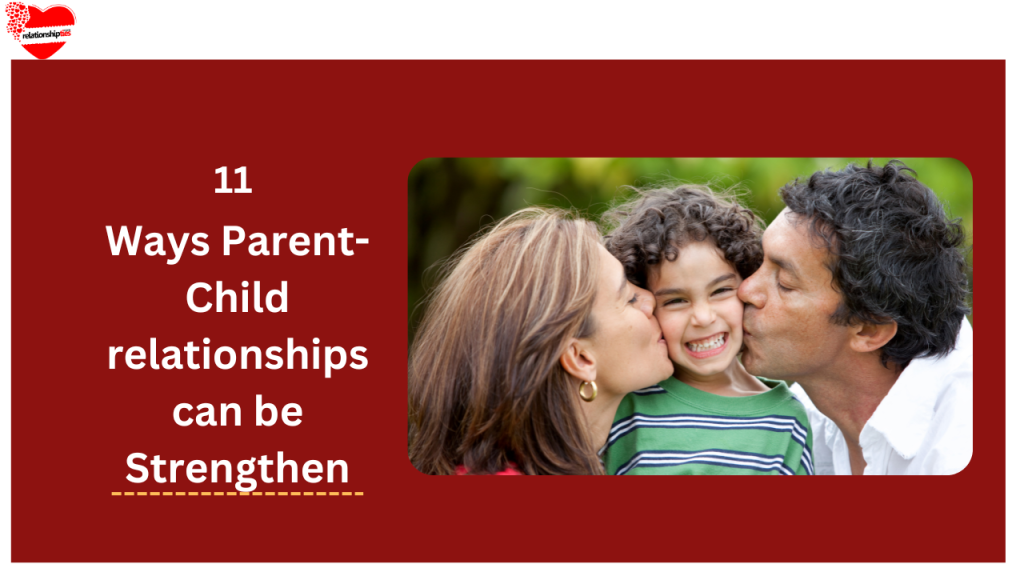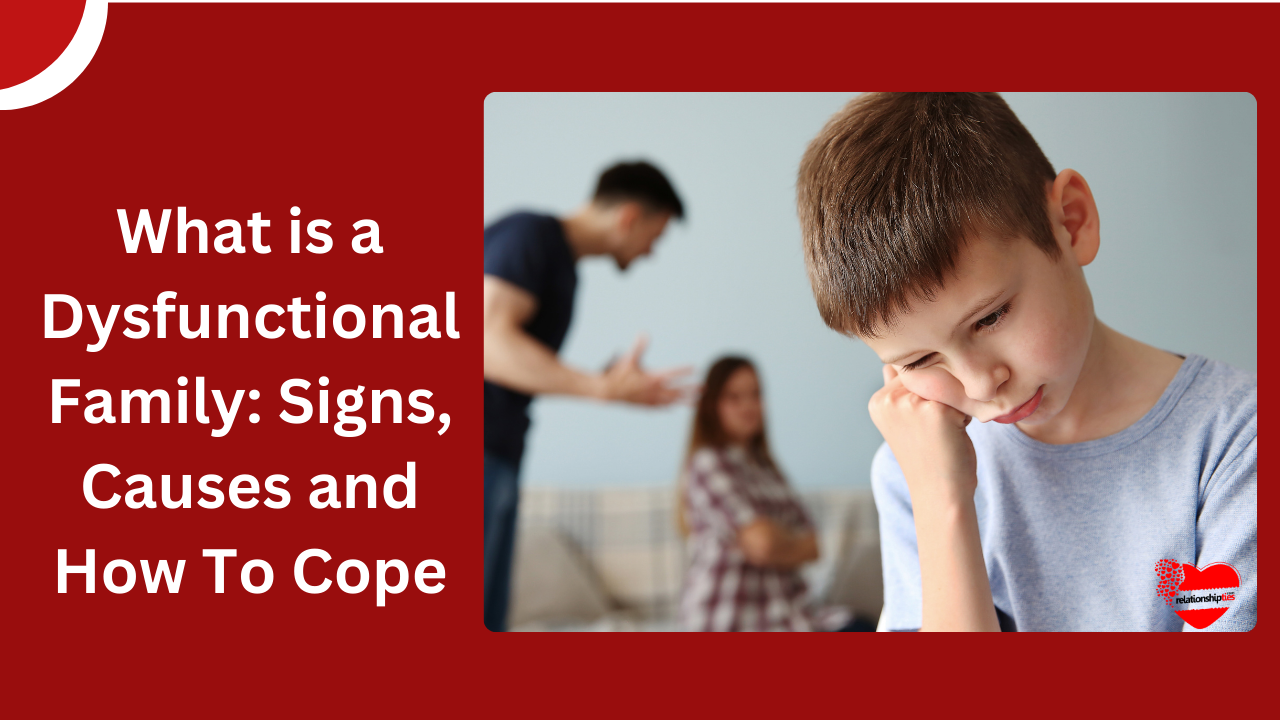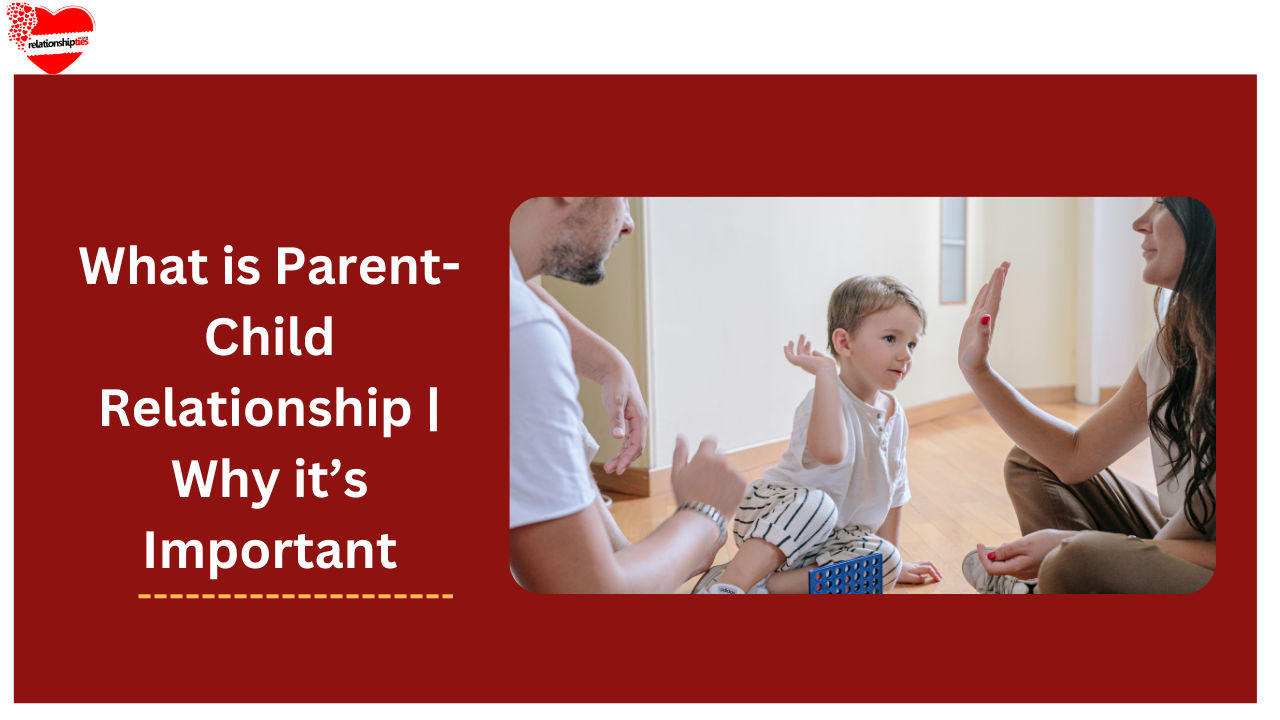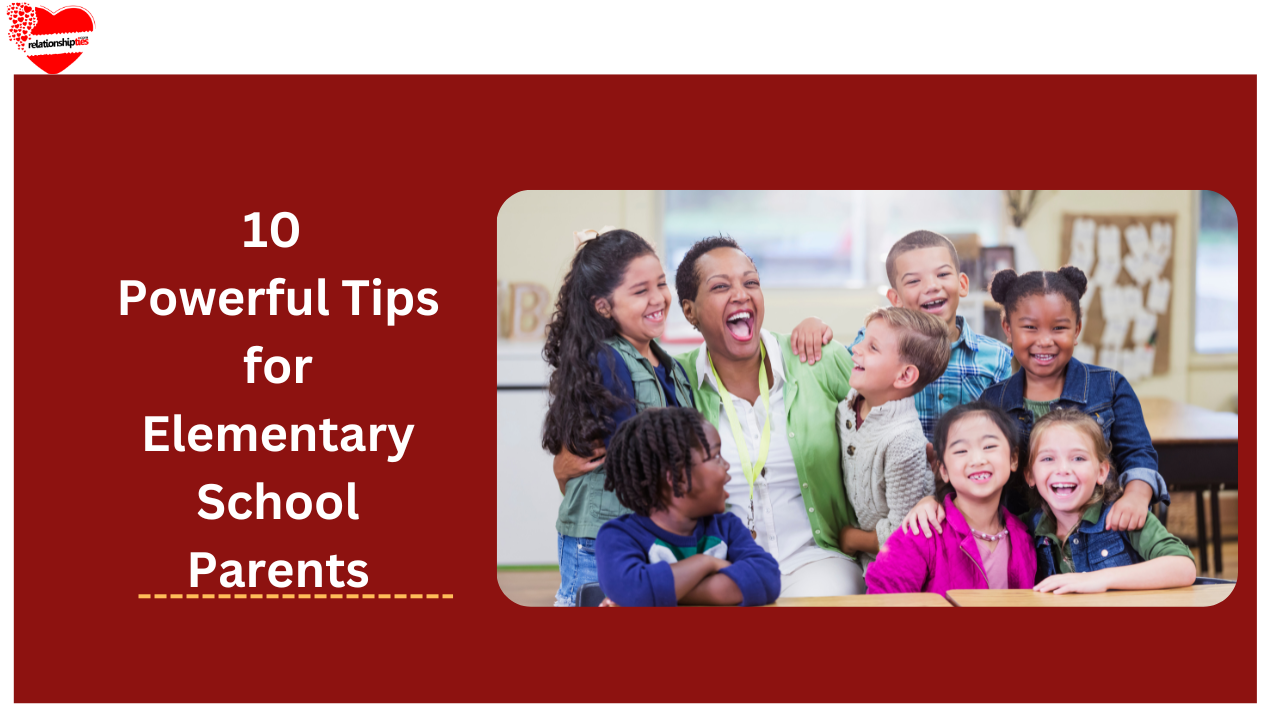A child’s relationship with the parents is the most critical aspect of the child’s life because it affects the child’s way of life from infancy to adolescence, even adulthood. However, the parent-child relationships consist of a combination of behaviours, feelings, and expectations unique to a particular parent and a particular child.
The relationship involves the full extent of a child’s development. And it can be strengthened.
Moreso, unhealthy parent-child relationships tend to affect the child negatively; the child can become too aggressive, self-centred, unfriendly, unsatisfying, etc.
On the other hand, a healthy and positive parent and children relationship bonds fosters autonomy, curiosity, self-esteem, and better decision-making skills. This article explores 11 powerful ways to enhance the parent-child relationship, fostering trust, understanding, and lifelong connections.
Table of contents
How to Strengthen Parent-Child Relationships
Interestingly, there are so many ways you can strengthen the relationship between parents and children. These ways or tips can help you build stronger parent-child relationships.
Note, these tips are beneficial not only to you as a parent, but also to your family members, caring neighbours, and relatives can also apply in how they relate with your children and theirs.
So, you can improve your relationship with your child by getting involved in their lives and building more robust communication. Also, learn how to adapt your parent-child relationship with time.
Let’s go!

1. Spend more time
One of the ways you can strengthen parents’ relationships with children is by devoting more time to your children. The longer you spend time with them, the more bonded, closer and stronger your relationship.
Though loving your kids is your primary obligation, you can demonstrate this love more by giving them most of your time.
This will result in them loving and feeling more comfortable around you. They can confide in you even when they get to the adolescent stage of their life. Young people need privacy, while young children need parental involvement and interaction.
Similarly, when you have more than one child, you can still connect with each of them, know their differences, likes and dislikes, and how to focus on each child’s talent and strength if you prioritize one-on-one time for each child.
2. Get involved in their Personal Life
When building parents’ and children’s relationships, getting involved in their personal life can significantly help.
Knowing your child’s Personal life, like their study life, involves understanding their academics, the friends they keep and their daily routine. Stay in regular touch with your child’s teachers or volunteer at school if you have leisure time.
Your relationship with them shouldn’t just consist of providing them with food, shelter, and clothing only. By doing just that, you get to bond with them. Parents who have good relationships with their children are involved in their lives.
You can’t expect to have a strong bond with your children if you say “good morning” and “good night” each day.
Understandably, you’re busy juggling work and other responsibilities, but you should also try to get to know your kids and learn about what’s happening in their lives.
Sit down with them as they do homework. Help them practice their lines for the school play. Invite your kids’ friends over so you know what kind of influences they are around.
3. Make them Believe in You.
Trust and trustworthiness are virtues you must possess as a parent if you want to bond with your children. Trust is the bedrock of every relationship.
However, if your child can’t trust you with their life or feel secure when you are around, there is a big problem here.
Trust is the foundation of every relationship. Your child should be able to rely on you and feel secure. Earn their trust by keeping up your promises, giving them privacy and keeping their confidence. However, do not trust your child blindly, but have your checks in place.
As a parent, you must build a foundation of trust. Trust translates to many roles in parenting. Of course, your child needs to know that they can rely on you to be there. When you say you’ll do something, do it. Keep your word. This helps your child form essential secure attachments that will influence future relationships.
However, trust also means respecting your child’s need for privacy and keeping their confidence when they do share with you.
Trust doesn’t necessarily mean you believe whatever your child says, but it does mean you’ll try and give them the benefit of the doubt.
4. Make them your Priority.
This is very important dear. To build a strong parent-child relationship, you must prioritise that kid. Let the child know that he or she is the first on your list. The child’s needs and well-being should be the No. the thing that you should think about.
This makes them feel that you are always there to care for them. Your children are your priorities. So show them consistency: spend as much time as possible with your child instead of getting ‘fit’ on your schedule.
5. Give them Listening listening ear.
This is another point that you must put to work if you want to improve the parent-child relationship. Active Listening to your child always makes them feel welcome and essential.
It shows that you care about them. When you passively listen to them by giving them answers like ‘Okay’ or That’s cool when they expect a detailed explanation of that particular thing, they feel uncomfortable.
It is essential to listen to your kids no matter how busy you may be at that particular time and let them know that you care by giving them rapid attention whenever they need it.
Although you might be busy with so many activities, if you want to strengthen your relationship with them, try to give them a listening ear, understand their message and always try to offer solutions to any of their complaints. It will always make them come back.
Furthermore, you can achieve that by using eye contact, body language, and facial expression. Listening passively while doing your work and responding with an occasional ‘hmm’ or ‘OK’ in between shows that you are uninterested.
When your child speaks to you, stop whatever you are doing and listen to them. Give them your full attention, ask questions or reiterate what they said. Remember to maintain eye contact while talking to them.
6. Let them get involved in the family decisions.
This applies to when you have an adolescent or a teenager. A teenager feels excited and happy when his or her opinion is considered. Many parents bark out decisions instead of letting their kids play a role.
However, as your children become teenagers and young adults, it can give them a sense of autonomy to offer forth their opinions.
For instance, Allow older children to weigh in on decisions like choosing clothes, meals, activities, or vacation plans. Ask their opinion about handling family matters to show you respect their point of view.
For example, you might say, “Jackson, what’s your suggestion for this week’s family movie night?” or “Where would you like to go for summer break?”
7. Keep Effective Communication with them.
You can strengthen your parent-child relationship you have to develop practical communication skills with your child. Try and make your communication to be friendly, fair and firm.
Sometimes, you can have a side-side conversation with them instead of face-face communication because some adolescents feel pressured and tensed when you talk to them face-face.
Be clear about your expectations, what they can expect from you and any ground rules and consequences for not following them. That said, don’t let the child push your buttons. As a parent, you need to handle it maturely and calmly. Try to ask them about their personal life.
8. Help them express their Emotions.
Helping your child express their emotions can help in to build a positive parent-child relationship.
Try to be empathetic and compassionate as much as possible and let them vent their emotions. Although it may be a bit difficult when it’s your first-time parenting a child, when you do it consistently, it will help.
Seeing things from your child’s perspective will help you understand the reasons for their cranky behaviour.
9. Relate with them based on their level.
You can never understand a child well unless you bring yourself down to the child’s level. You can build a healthy relationship with your child by connecting with them from their level.
If it’s a 10-year child, you can discuss and play with him or her based on what a child at that age can do. If you have a toddler, get on the floor and build a city out of blocks. If you have older adolescents or teens, join in on a round of video games.
By doing this, you are giving the child a sense of belonging. Try to teach, work on projects, and play on a level your child is familiar with. This helps them bond with you and makes you seem more approachable.
10. Show them Respect
The respect, they say, is reciprocal; it is not a one-sided thing. Just as you expect them to respect you are their parent, you can build a positive parent-child relationship when you also respect them. Respect their individual feelings, belief, and opinions.
When a child’s view is respected, he or she feels relevant and vital. The love and care that you offer to your child to build a healthy and positive relationship. But, some behavioural problems can lead to a poor Parent-child relationship.
According to Sandra Scarr
“Children are just different from one another, especially in temperament. Some are shy, others bold; some active, others quiet; some confident, others less so. Respect for individual differences is the cornerstone of good parent-child relationships.“
11. Always encourage them
In life, children are always committed and active you whatever they are doing when they are constantly encouraged and motivated. Encouragement helps to build their self-confidence and self-esteem.
Even when you notice they are doing something wrong, correct them immediately, especially if that was their first time of making that mistake. You can politely correct them without making them feel they are valued.
When your child has a strong relationship with you, they feel empowered to go out into the world and take on challenges. Support your child, pushing them to develop greater self-efficacy over time.
However, you can encourage them by letting them wash their stuff, take on more demanding chores or tasks, stand op to bullies or speak up when maltreated by older ones.
Parent and Child Relationship Quotes
According to azquotes.com here are some quotes on Parent and child’s Relationship
- The most important thing a father can do for his children is to love their mother. Theodore Hesburgh
- Children are our second chance to have a great parent-child relationship. Laura Schlessinger
- Each day of our lives, we make deposits in the memory banks of our children. Charles R. Swindoll
- Live so that when your children think of fairness, caring, and integrity, they think of you. H. Jackson Brown, Jr.
- Romance and friendships fail us, but the relationship between parent and child, less noisy than all the others, remains indelible and indestructible, the strongest relationship on earth. Theodor Reik
Factors that Destroy Parent-Child Relationship
Strengthening a parent-child relationship is very vital and can be beneficial to both parents and children. Notwithstanding, these relationships can be ruined or destroyed, leading to a negative parent-child relationship.
Your relationship with your children during the early years forms the foundation for their later years. Your child’s personality will be affected if the early parent-child relationship is strained due to various problems. These are some factors that can destroy Parent-child Relationship.
Abuse
The abuse I mean, can be physical or mental. Some parents who are addicts can abuse their children physically either by beating or shouting at them for every slightest mistake they make.
They can sometimes criticize them by telling them how useless they are and the misery they have to turn their lives into, especially if the child was born out of wedlock.
Abuse during childhood could damage the child or even turn them into abusive adults who ill-treat their parents and children, creating a vicious cycle.
Disrespect
As I said earlier, respect is reciprocal. It is two-way, not one-way, and must be earned, not demanded. As a parent, you must provide for the child physically, emotionally, socially, and spiritually.
If these needs are not addressed, children disrespect their parents. Such children tend to disobey their parents, break the rules, and rely more on others for their needs and desires. Also, you need to respect the child in how you talk and behave with them.
Poor Communication
I tell you, This can be bad for the parent and child. It can be frustrating at times. Poor or nonexistent communication between the parent and child stems from the parents’ belief that their children don’t listen to them and children thinking that their parents don’t understand them.
However, it might result in the parent bothering the child or trying to discover what is happening in the child’s life. On the other hand, the child might feel anger, bitterness, and sorrow because he thinks nobody cares.
Codependency
Another factor that can ruin Parent-Child Relationships is codependency. This situation is where the child forcibly starts taking the responsibilities due to the parents. This occurs mostly when the parents are handicapped or seriously sick.
So, the child takes on the responsibility of making the parent happy, resolves family problems, or even takes up the daily chores at home. They might also put their parents’ needs before theirs and grow up to have a codependent personality.
Mistrust
If children repeatedly make mistakes or display unruly behaviour, then parents have difficulty trusting them. If parents want to reestablish their trust, then they need to give their children the opportunity to prove that they are trustworthy.
Conclusion
It’s a fact that parenting is not easy. But then, as a mature and responsible adult, it is up to you to create a healthy and loving bond with your child that makes life easy for both of you. However, if you have severe problems with your child and cannot deal with them alone, know that help is at hand. Consult a professional counsellor to help your child and yourself.
Related Articles
- 10 Effective Parenting Tips for Teenage Daughters
- Do Cheaters Miss Their Ex-Partners? How to Know
- 11 Ways Parent-Child relationships can be Strengthen
- What exactly is Parent-Child Relationship | Why it’s Important
- 15 Best Dating Apps for Virgins | Android & iOS
Has this article been of any help to you? Want to tell us anything about your relationship with your kids? Use our comments section below.






